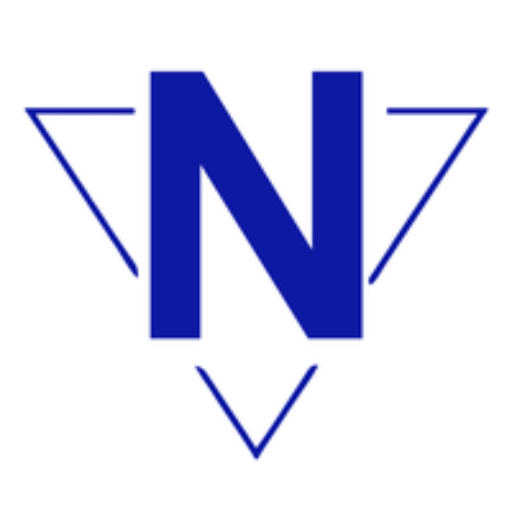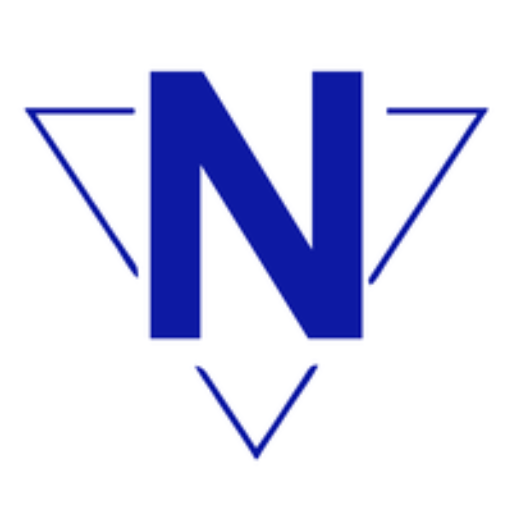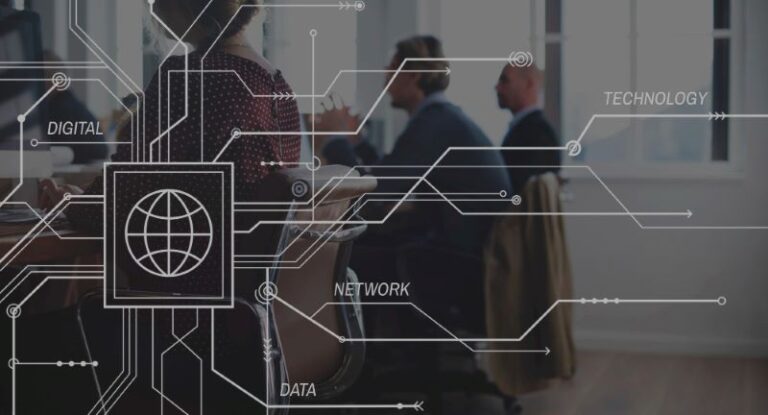In today’s fast-paced digital landscape, the Internet of Things (IoT) is transforming how we interact with technology and data. From smart homes to industrial automation, IoT applications are driving innovation across various sectors. If you’re looking to leverage this revolutionary technology for your business, understanding the nuances of IoT app development services is crucial. This guide delves into the essentials of IoT app development, offering insights into trends, challenges, and best practices to help you make informed decisions.
What Are IoT App Development Services?
IoT app development services encompass a broad range of activities aimed at creating applications that enable devices to connect, communicate, and interact over the internet. These services typically include:
- Design and Prototyping: Developing user-friendly and intuitive interfaces that enhance user experience.
- Backend Development: Creating robust backend systems to manage data, processes, and connectivity.
- Integration: Ensuring seamless connectivity between IoT devices and existing systems.
- Testing and Deployment: Rigorous testing to ensure reliability and efficiency before deploying the app.
By leveraging these services, businesses can build applications that harness the full potential of IoT technology, leading to smarter solutions and improved operational efficiency.
Key Trends in IoT App Development Services
1. Edge Computing Integration
One of the most significant trends in IoT app development is the integration of edge computing. This technology processes data closer to the source of generation, reducing latency and bandwidth use. By incorporating edge computing into IoT apps, developers can enhance real-time data processing and decision-making, which is crucial for applications like autonomous vehicles and smart manufacturing.
2. Enhanced Security Measures
As IoT devices proliferate, security becomes a critical concern. IoT app development services are increasingly focusing on implementing advanced security protocols to protect sensitive data. This includes encryption, multi-factor authentication, and secure communication channels. Ensuring robust security measures helps mitigate risks and protects against potential breaches.
3. AI and Machine Learning Integration
Artificial Intelligence (AI) and Machine Learning (ML) are becoming integral to IoT app development. These technologies enable apps to analyze vast amounts of data, recognize patterns, and make intelligent decisions without human intervention. For instance, predictive maintenance in industrial settings uses AI to forecast equipment failures before they occur, minimizing downtime and costs.
4. 5G Technology
The rollout of 5G networks is set to revolutionize IoT app development. With significantly faster speeds and lower latency compared to 4G, 5G enables more efficient data transmission and supports a higher density of connected devices. IoT apps will benefit from enhanced performance and reliability, paving the way for innovations in areas such as smart cities and connected vehicles.
5. Interoperability and Standardization
As the IoT ecosystem grows, the need for interoperability and standardization becomes more pressing. IoT app development services are addressing this by creating apps that can seamlessly integrate with various devices and platforms. Adopting common standards and protocols ensures that IoT solutions can work together harmoniously, providing a more cohesive user experience.
Challenges in IoT App Development
1. Scalability
Scalability is a significant challenge in IoT app development. As the number of connected devices increases, apps must be able to handle a growing volume of data and connections without compromising performance. Developers need to design scalable architectures and employ efficient data management strategies to accommodate growth.
2. Data Privacy
With the proliferation of IoT devices, data privacy is a growing concern. Ensuring that user data is protected and used responsibly is paramount. IoT app developers must implement strong privacy policies and practices to gain user trust and comply with regulations like GDPR.
3. Complexity of Integration
Integrating IoT devices with existing systems can be complex due to the diversity of devices and communication protocols. Developers must navigate these complexities to ensure seamless integration and functionality. This often involves customizing solutions to fit specific needs and addressing compatibility issues.
4. User Experience
Creating a smooth and intuitive user experience is critical for the success of IoT applications. Users expect apps to be easy to use and provide value through clear, actionable insights. Developers must focus on user-centered design and usability testing to meet these expectations.
Best Practices for IoT App Development
1. Focus on Security
Prioritize security from the outset of development. Implement best practices such as encryption, secure coding techniques, and regular security audits. Keeping security measures up to date is crucial for protecting against emerging threats.
2. Adopt a Modular Approach
Design apps with a modular architecture to facilitate scalability and maintainability. This approach allows for easier updates and integration of new features without disrupting the entire system.
3. Prioritize Data Management
Effective data management is essential for IoT apps. Implement strategies for data storage, retrieval, and processing that ensure efficiency and reliability. Consider using cloud-based solutions to handle large volumes of data.
4. Test Thoroughly
Conduct comprehensive testing to identify and address potential issues before deployment. This includes functional testing, performance testing, and security testing. Thorough testing helps ensure that the app performs well under various conditions and meets user expectations.
5. Stay Updated with Trends
The IoT landscape is constantly evolving, so it’s essential to stay informed about the latest trends and technologies. Regularly updating your app to incorporate new advancements can enhance its functionality and keep it competitive.
Conclusion
IoT app development services play a pivotal role in harnessing the power of connected devices and transforming various industries. By staying abreast of key trends, addressing challenges, and following best practices, businesses can create innovative IoT applications that deliver real value. Whether you’re looking to enhance operational efficiency or explore new opportunities, investing in quality IoT app development services is a step towards a smarter, more connected future.




